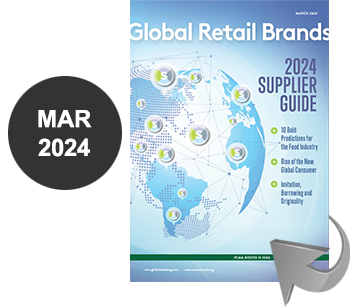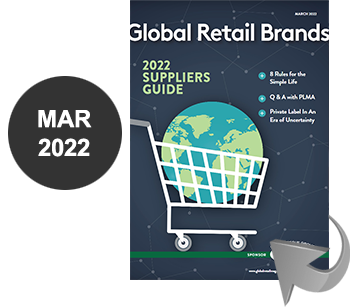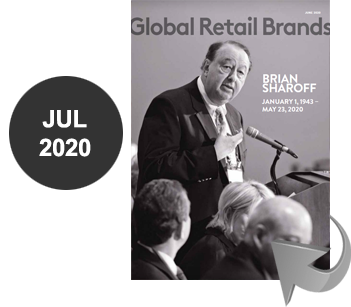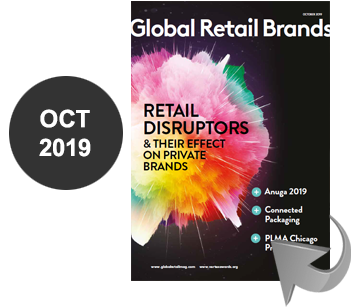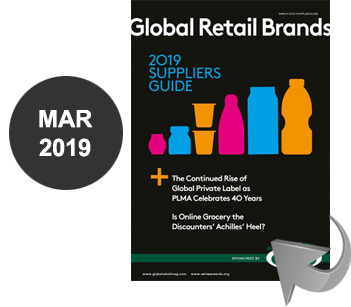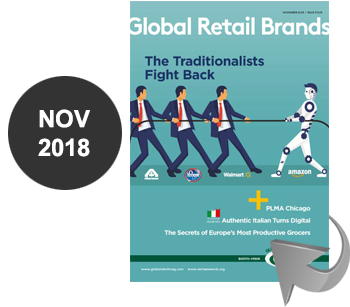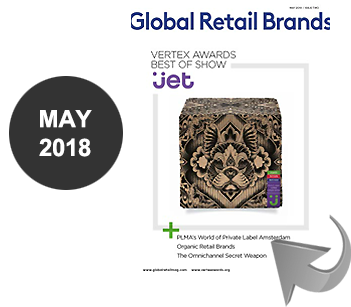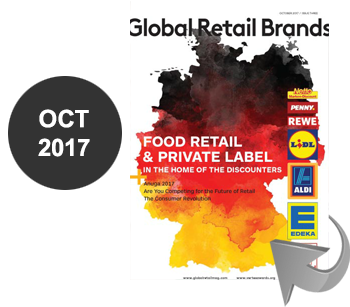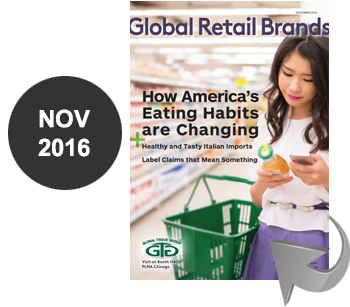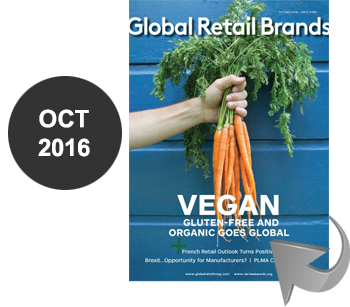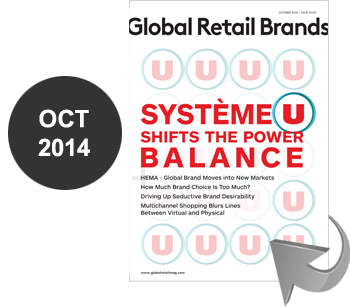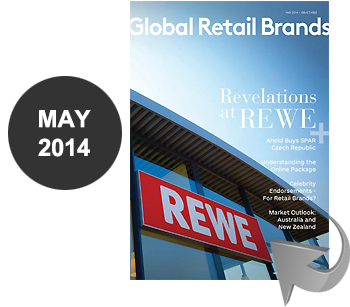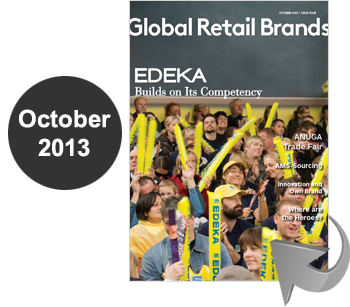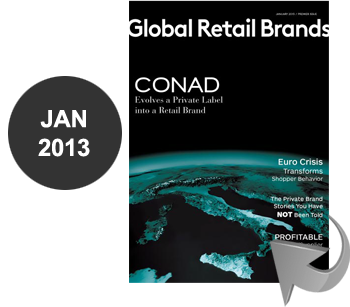A desire for transparency into the food supply chain initially drove demand for voluntary disclosure standards such as Non-GMO Project Verification, USDA Organic Certification and
Certified Humane. All were initially consumer driven.
Some states, like Vermont, took notice and began legislating these “voluntary” initiatives in the name of GMO transparency. These state-led regulations have now developed into a federal framework for greater transparency with the National Bioengineered Food Disclosure Standard [NBFDS].
June marked the halfway point for the Standard’s mandatory compliance date of January 1, 2022. It’s increasingly clear that many organizations won’t make the deadline. The spectrum of concern amongst manufacturers and suppliers ranges from “unaware” to “aware, but confused”, to “why care at all?”
Nate Ensrud, general manager, US Technical Services at FoodChain ID Group explores the top five numerous barriers to compliance:
- Lack of Awareness – Conventional food manufacturers that had no desire to use non-GMO labeling on their products never had this on their radar. While it was posted in
regulatory registers, the likelihood of it being noticed was slim, and trade organizations haven’t put a strong focus on it. Especially when compared to the launch of FSMA,
where there was a tremendous trade focus as evidenced by numerous articles, workshops, alerts, etc. - Confusion – BE really means non-GMO and this tweak in language serves the interests of GMOs. However, there are thousands of ingredients produced from genetically engineered organisms that may (or may not) have been processed to render modified
genetic material undetectable. This makes the scope of compliance more onerous than many manufacturers and suppliers realize. - Record Keeping – Once companies are aware of the scope of the new legislation and the looming deadline, many will struggle to comply. It’s time consuming to secure the proper documentation from suppliers, evaluate, and store those documents for the
required 3 years. - Lack of Resources – Many companies don’t have a well-developed regulatory apparatus. This is an area that was never regulated before, so no one invested resources. While large companies have entire teams dedicated to this type of compliance, other smaller industry players lack the time and manpower necessary for these assessments. Especially after a pandemic that hit companies up and down the supply chain in terms of manpower.
- Apathy regarding consequences that are ill-defined. Again, in comparison to FSMA where non-compliance could result in supply chain disruptions, companies will wait to see if this legislation is enforced. Will some companies just stick a bioengineered label
or QR code on their products regardless of whether the products meet the definition of bioengineered? Frankly, it’s doubtful the feds will have enough resources to adequately police bad actors.
Most likely, consequences will come from a cadre of legal firms, consumer groups, and competitors filing suits for false labeling claims, which can amount to losses in the millions of dollars. Examples in the past year include labeling lawsuits challenging product claims including “natural,” “healthy” and “nothing artificial.” According to an analysis cited by CBS News, there have been about 300 lawsuits over the use of the word “natural” on food products in the last three years.
Conclusion:
There is much to be done by the end of the year. Companies that think they’re ready may still await documentation from suppliers or question the documentation they receive. For brand owners with hundreds or thousands of affected products, 2022 isn’t that far away, especially if they need to reformulate or relabel products in time to hit retail shelves.
About the Author:
Nate Ensrud is general manager of US Technical Services at FoodChain ID Group, which provides services that enable companies to achieve compliance with NBFDS





